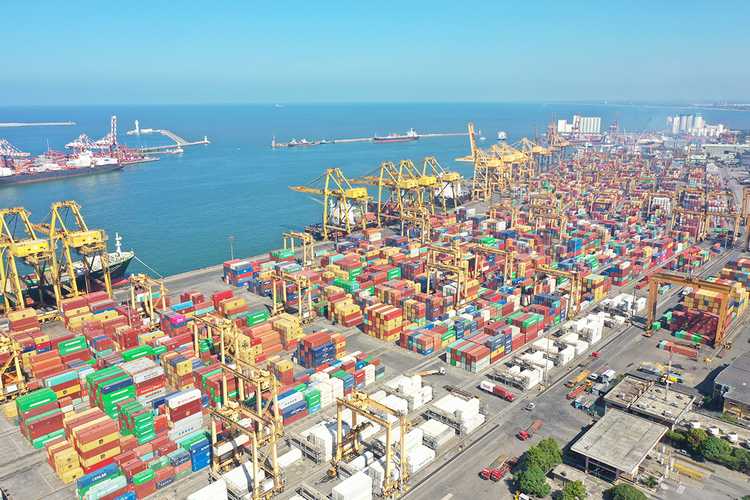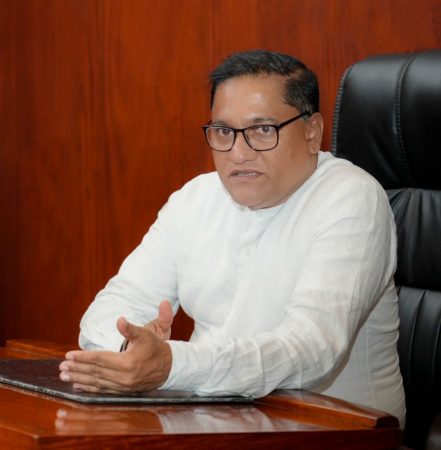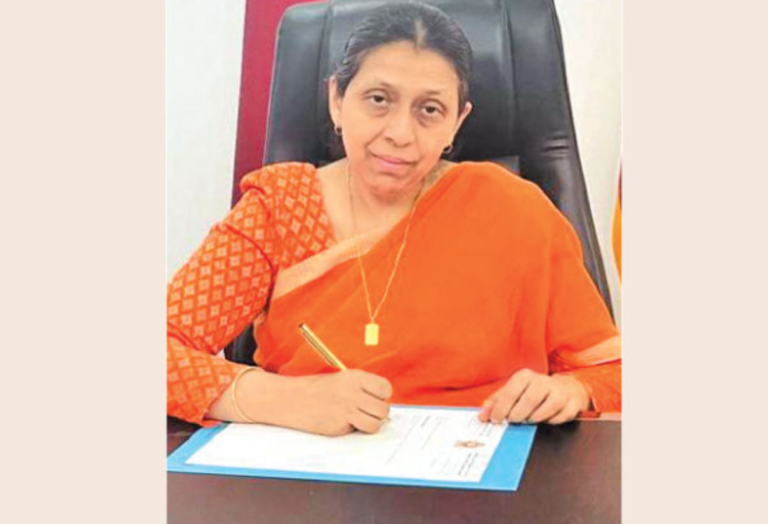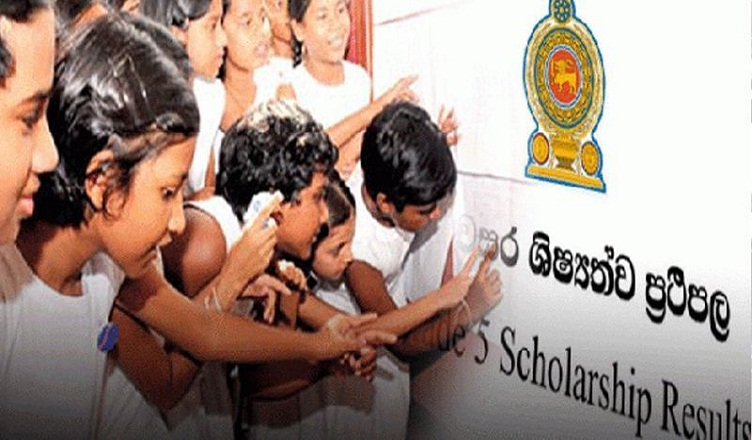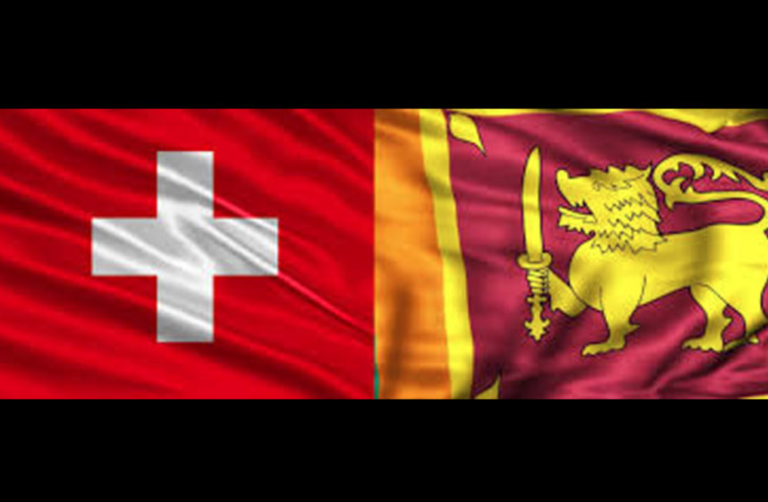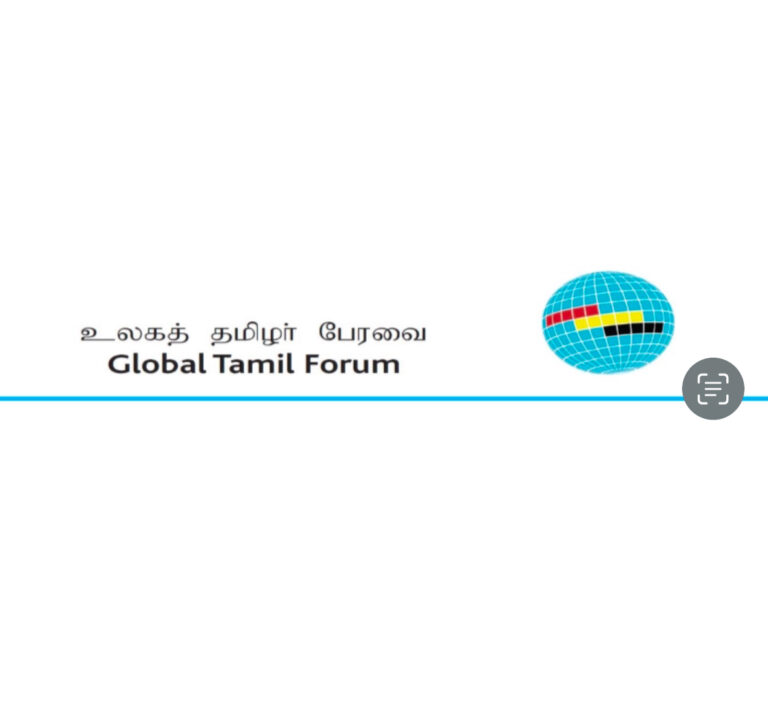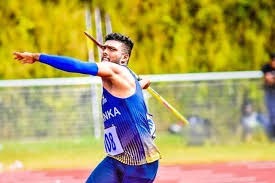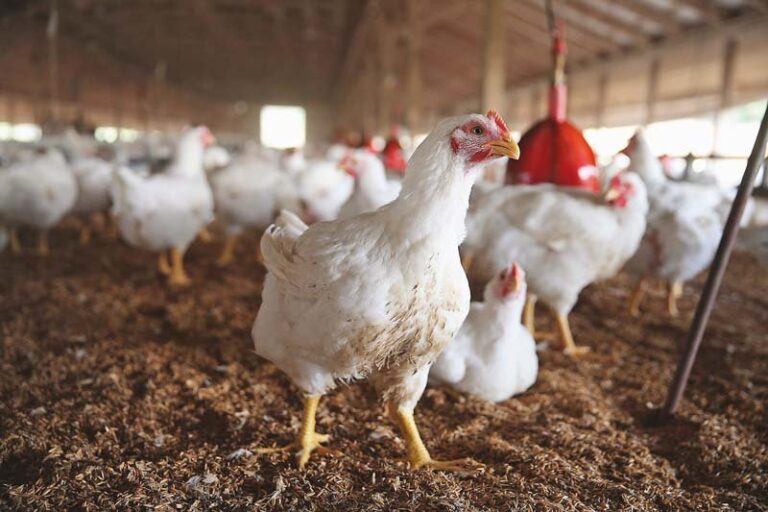The Colombo East Container Terminal (CECT) has recently boosted its efficiency with the installation of three new Ship-to-Shore (STS) cranes, raising its total to nine.
This upgrade allows the terminal to accommodate a wider variety of vessels, regardless of size, reinforcing Sri Lanka Ports Authority’s (SLPA) goal of establishing the country as a key maritime hub in the Indian Ocean.
Once fully operational by mid-2025, the CECT is expected to handle up to 3.5 million Twenty-Foot Equivalent Units (TEUs) annually, with specifications including a 1,320-meter berth and water depths of 18–20 meters to support larger vessels.
In 2024, SLPA terminals achieved a record throughput of 2.41 million TEUs, contributing to the Port of Colombo’s total of 7.78 million TEUs.
This milestone positions Colombo as a leading gateway for international trade in the region. Key contributors include the South Asia Gateway Terminals (SAGT) with 2.02 million TEUs and the Colombo International Container Terminal (CICT), which led with 3.35 million TEUs due to its deep-water facilities.
Meanwhile, the delayed expansion of the Jaya Container Terminal (JCT) has significantly overrun costs, doubling from an initial estimate of Rs. 5 billion to Rs. 10 billion.
The upgrade includes extending the terminal’s anchorage by 120 meters, increasing its length to 1,400 meters, installing three new gantry cranes, and expanding the container yard by 13 acres to meet growing demand.
With its existing 14 gantry cranes, these enhancements aim to address the current 600-meter berth limitation, which restricts the terminal from handling two large vessels simultaneously, impacting SLPA’s profitability.
Although the JCT expansion was approved in July 2017 and contracted in November 2018 at Rs. 5.04 billion, delays caused by political instability and procedural inefficiencies have hindered progress.
Originally scheduled for completion by July 2020, only 82.6% of the project was finished by the end of 2023. Despite this, renovations are nearing completion, with an official launch planned for June 2024.
These developments signify a crucial step in strengthening Sri Lanka’s maritime infrastructure. Improved governance and timely project execution are essential to capitalize on the country’s strategic location, enhancing its role in global trade networks.

